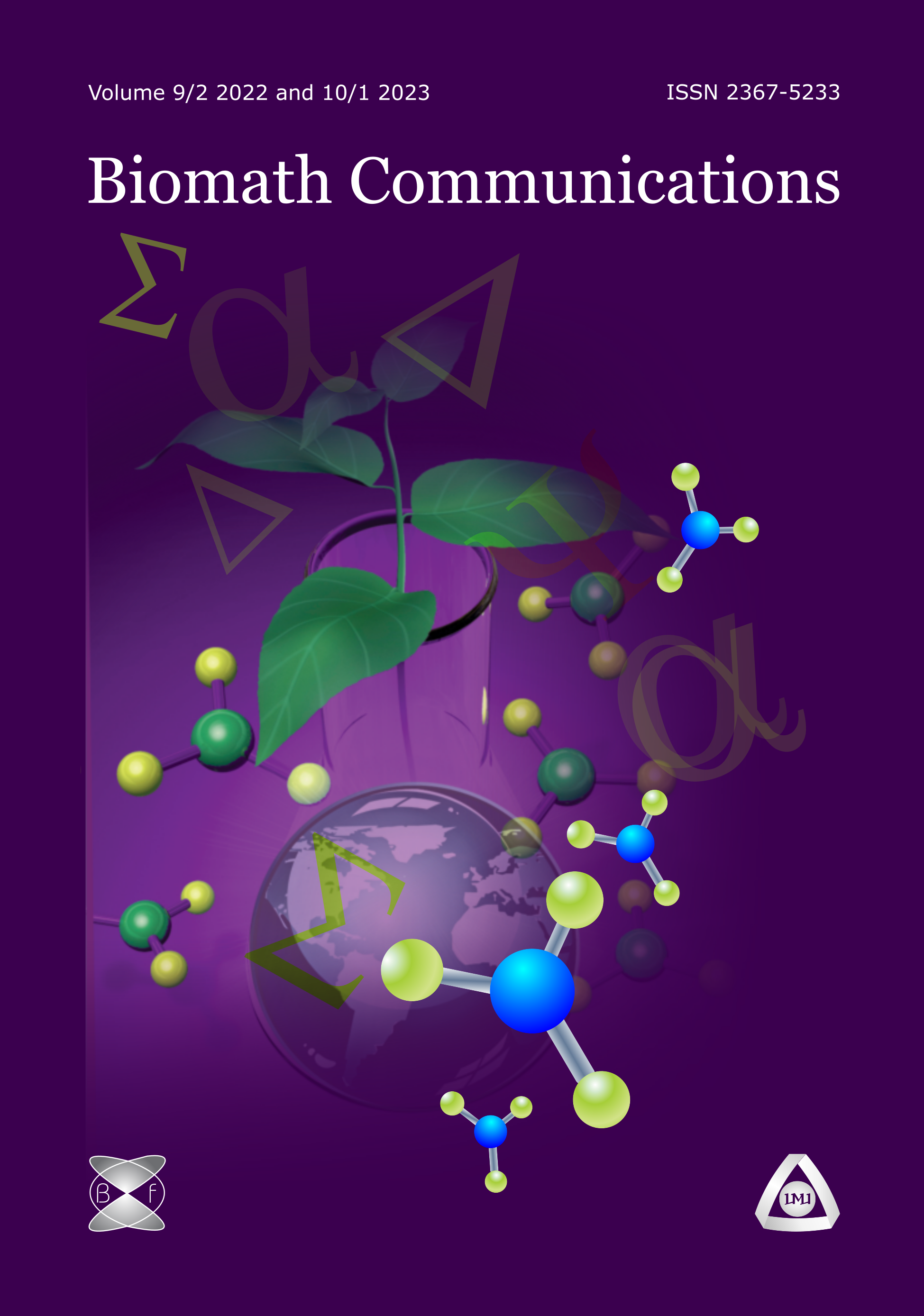Using Rapid Kinetics and Molecular Dynamics Simulations to Study Biomolecular Information Processing and Design
DOI:
https://doi.org/10.11145/bmc.2016.04.167Abstract
Translation, the ribosome dependent synthesis of proteins, is the last step of gene expression. It is targeted by a large number of antibiotics that modulate, in one way or the other, the dynamic properties of the involved biomolecules. Protein synthesis is a highly conserved multi-step process facilitated by a large ribonucleoprotein complex (the ribosome) acting as a biomolecular assembler, converting genetic information provided as RNA transcripts (mRNA) into proteins. This process occurs with high speed and incredible accuracy within any living system (1). As such, accuracy is the key to maintaining the integrity of the genetic information to be reflected in the resulting proteins. The underlying design principles that enable the translation machinery to achieve these performance characteristics is of great interest for a large number of fields and applications, naming antibiotics design and the rational engineering of biomolecular machines just as two examples.Downloads
Published
Issue
Section
License
The journal Biomath Communications is an open access journal. All published articles are immeditely available online and the respective DOI link activated. All articles can be access for free and no reader registration of any sort is required. No fees are charged to authors for article submission or processing. Online publications are funded through volunteer work, donations and grants.
Authors who publish with this journal agree to the following terms:
- Authors retain copyright and grant the journal right of first publication with the work simultaneously licensed under a Creative Commons Attribution License 4.0 that allows others to share the work with an acknowledgement of the work's authorship and initial publication in this journal.
- Authors are able to enter into separate, additional contractual arrangements for the non-exclusive distribution of the journal's published version of the work (e.g., post it to an institutional repository or publish it in a book), with an acknowledgement of its initial publication in this journal.
- Authors are permitted and encouraged to post their work online (e.g., in institutional repositories or on their website) prior to and during the submission process, as it can lead to productive exchanges, as well as earlier and greater citation of published work (See The Effect of Open Access).

